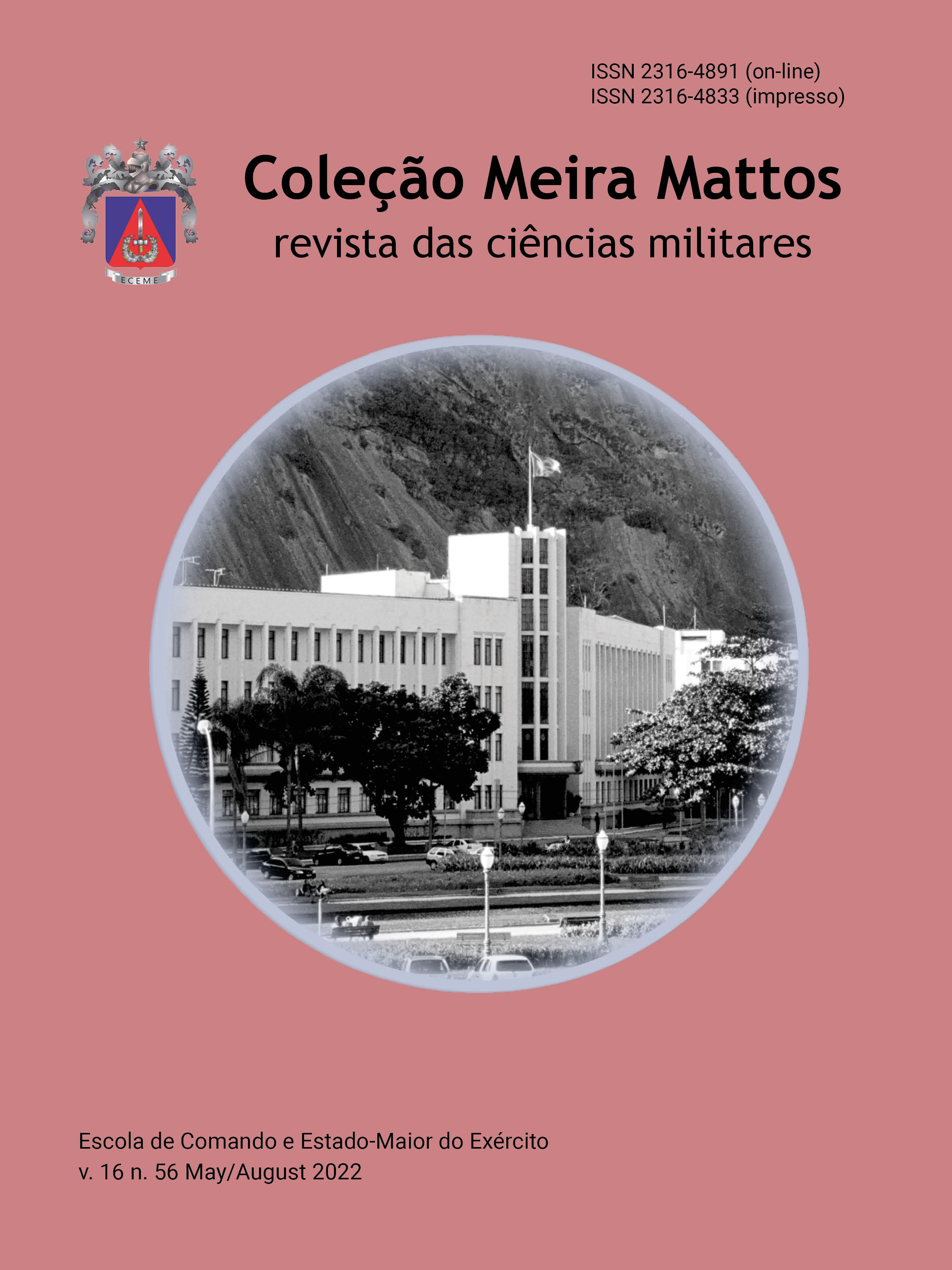Maquiavel e a importância do poder militar nacional
DOI:
https://doi.org/10.52781/cmm.a077Palavras-chave:
Maquiavel, Base Industrial de Defesa, Expressão Militar do Poder Nacional, soberania, ciência, tecnologia, inovaçãoResumo
Neste ensaio trazemos à consideração os ensinamentos de Maquiavel, notadamente com relação à consolidação do Estado. Lastreado na hipótese de que a sobrevivência do Estado estaria condicionada à capacidade de ele realizar sua defesa pelos seus próprios meios, Maquiavel advogava a criação de exércitos nacionais de conscritos e refutava peremptoriamente o emprego de mercenários e de se recorrer à ajuda de outros Estados nos momentos de crises e de guerras, prática corriqueira em seu tempo. Na atualidade, exércitos formados por nacionais tornaram-se uma realidade, porém a evolução vertiginosa da ciência, tecnologia e inovação e as consequências dessa evolução na Expressão Militar do Poder Nacional sugerem que a existência de tais exércitos não garante ao Estado a condição de se defender pelos seus próprios meios, particularmente em países que vivenciaram processos de industrialização tardio, que não dominam conhecimentos essenciais para desenvolver tecnologias críticas e sensíveis, que contam com modesta Base Industrial de Defesa (BID) e cujas capacidades militares dependem essencialmente de armamentos, equipamentos e sistemas de emprego militar importados. Conscientes da importância desses aspectos na composição do Poder Militar, apresentamos características do mercado de defesa, algumas dificuldades enfrentadas por países de industrialização tardia e propostas para o progresso da BID nacional, como a exploração da dualidade tecnológica e a otimização dos processos de obtenção de sistemas e materiais de emprego militar. As ideias exploradas neste ensaio servem de alerta aos formuladores de políticas públicas que defendem a redução dos efetivos e dos recursos financeiros voltados para o desenvolvimento das Forças Armadas e da BID Nacional.
Downloads
Downloads
Publicado
Como Citar
Edição
Seção
Licença
A Coleção Meira Mattos (CMM) está licenciada:
A partir de 2019 sob as condições do Creative Commons (CC BY 4.0)
Até 2018 sob as condições do Creative Commons (CC BY-NC-SA 4.0)
As licenças estão informadas na página de acesso do artigo e detalhadas na página Direitos Autorias desta publicação.
Copyright: O autores são os detentores do Copyright, sem restrições, de seus artigos.
Aviso
Para qualquer reutilização ou distribuição, você deve deixar claro a terceiros os termos da licença a que se encontra submetida esta obra.


